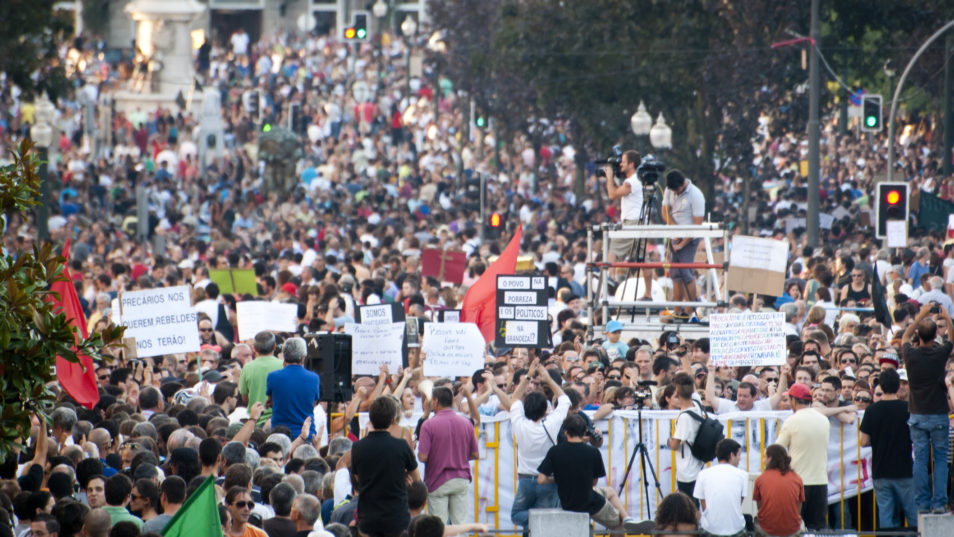Free Speech on Campus – How do Universities Engage with Political Discourse?
 © iStock/dinozaver
© iStock/dinozaver
Universities have for quite some time been places to discuss and develop new and challenging ideas. The exposure to unorthodox hypotheses, and their systematic and rigorous examination, is a fundamental element of modern higher education. So is a commitment to advancing knowledge, respecting facts, and establishing the truth.
Why, then, are we reading so many stories about students shouting down speakers or protesting events at colleges and universities in the US and Germany? Are these recent events part of a long tradition of student protest, or do they signal a different and even worrisome new trend? Do these controversies threaten a long-standing commitment to be open to new ideas in higher education, or do they require us to define this commitment in new ways?
Of course, scientific inquiry from Galileo to Charles Darwin and the present has frequently and throughout history been subjected to political pressure, hijacked for personal or military gain or disputed by non-scientific belief systems. Should universities stay away from political debates, and assume that science will speak for itself and the truth will ultimately win out? In an era of attacks on the press, on expertise, and on facts themselves from many quarters, these questions take on greater urgency.
How can universities participate in the formative political discourses of our time? Should they? What is the role of the university with regard to the democratic process and the right to free expression? What is their role in relation to ideas and speakers that challenge some basic norms of democracy but insist on free speech as a fundamental right? What responsibility does higher education have toward a free and informed citizenry? Where does educating and training free citizens end and indoctrination begin?
The current controversies unfold in very different ways in the US and Germany. But it is possible to identify some shared trends, both as problems but also opportunities for higher education.
Distinguished speakers from both the German and US higher education landscapes will discuss these issues from their perspectives as scientists, administrators and policy makers. Students, political influencers and other members of the audience will be able to join the discussion during the event and via social media.
Panel speakers
Prof. Dr. Peter-André Alt
President of the Hochschulrektorenkonferenz (German Rector’s Conference)
Prof. Dr. Aimee Edmondson
Associate Professor, E.W. Scripps School of Journalism, Ohio University
Prof. Dr. med. Beate Schücking
President, Leipzig University
moderated by
Prof. Dr. Ulrich Baer
Professor of German and Comparative Literature, New York University
Opening remarks were held by
Jens Janik
Deputy Consul General, Consulate General New York

Event Information
September 5, 2018, 6:30 PM to 8:00 PM
New York, NY
Organizer(s): German Center for Research and Innovation (DWIH NY), German Rectors Conference (HRK)
Location
German Center for Research and Innovation (DWIH) New York
Address:
871 United Nations Plaza
New York, NY 10017, USA
Phone:
+1 (212) 339 8680
Email:
info.newyork@dwih.org
